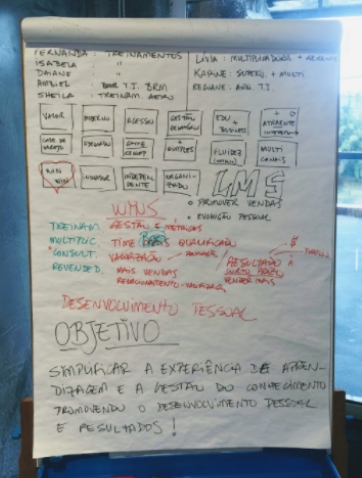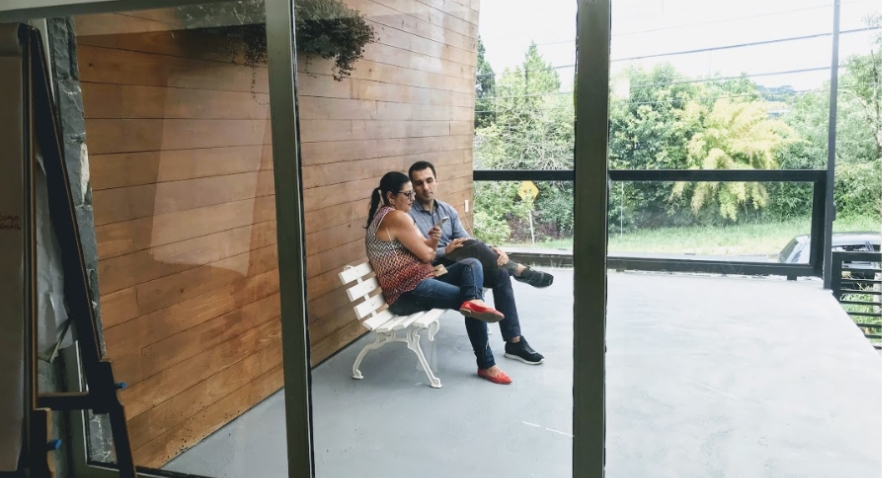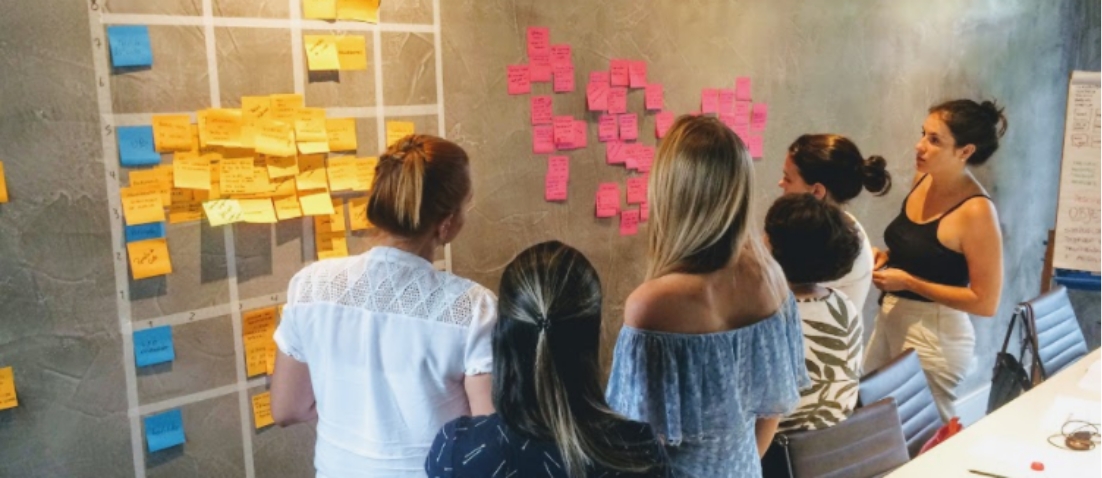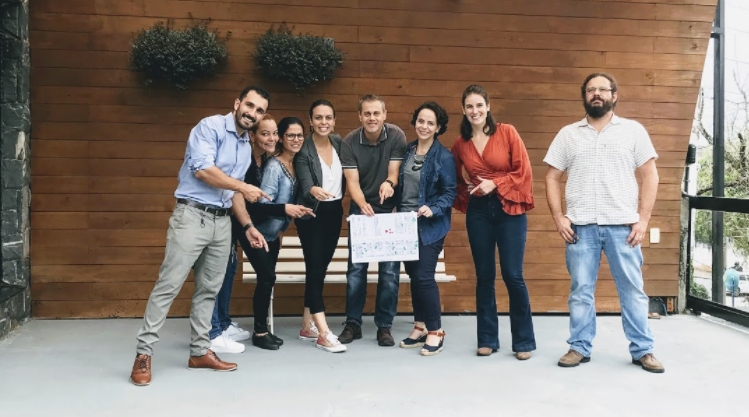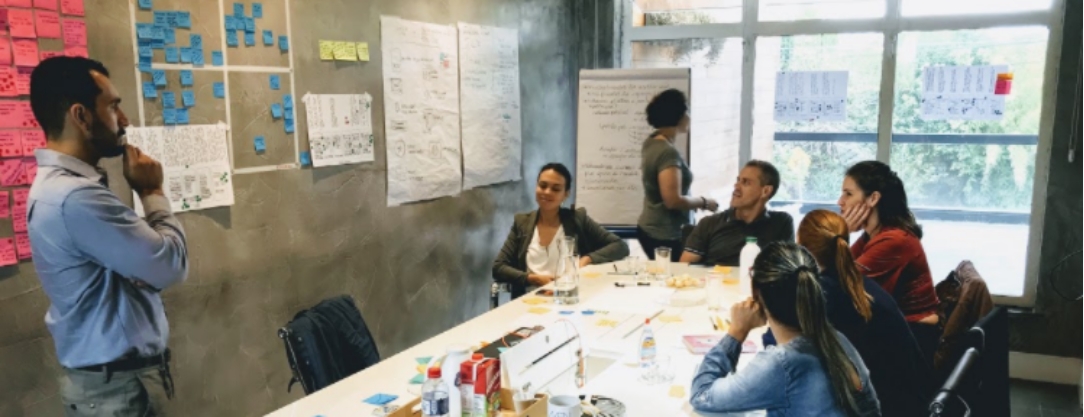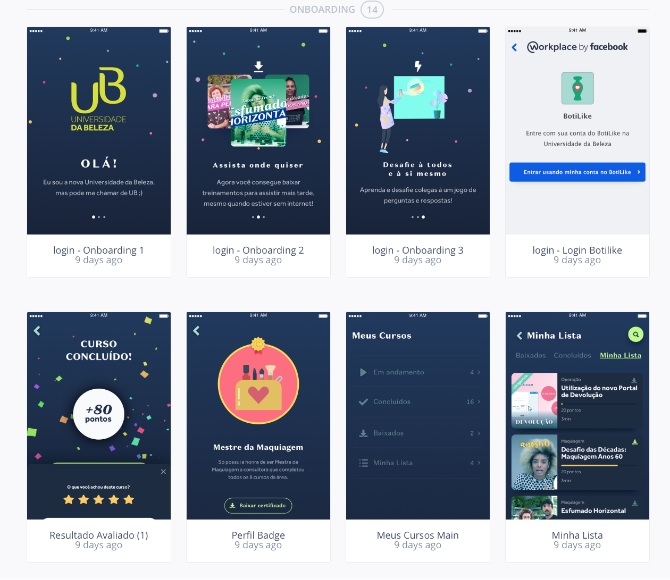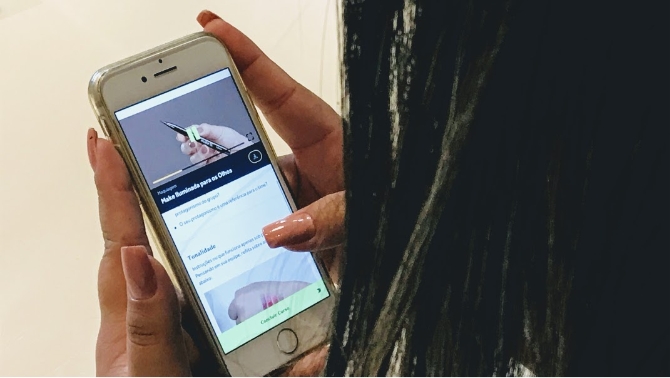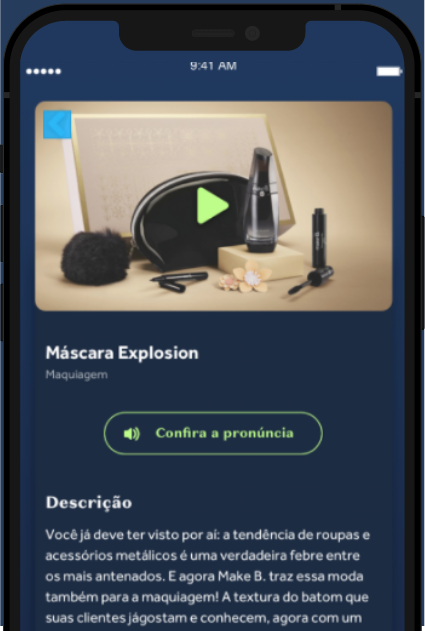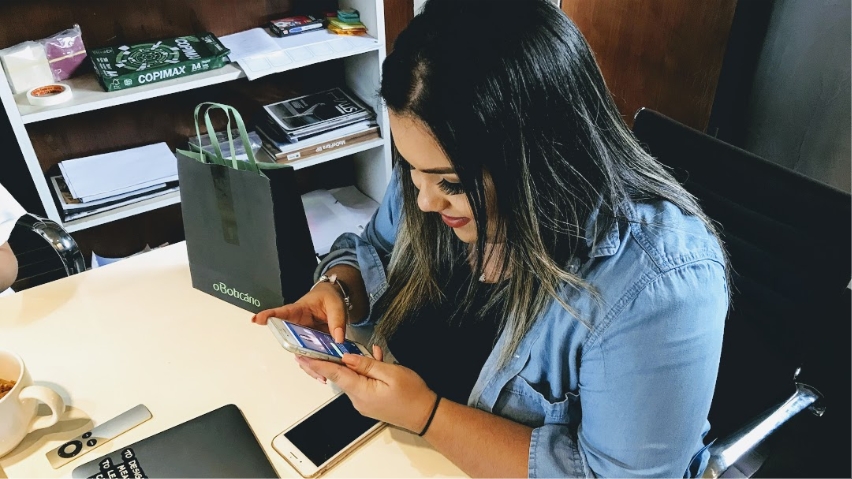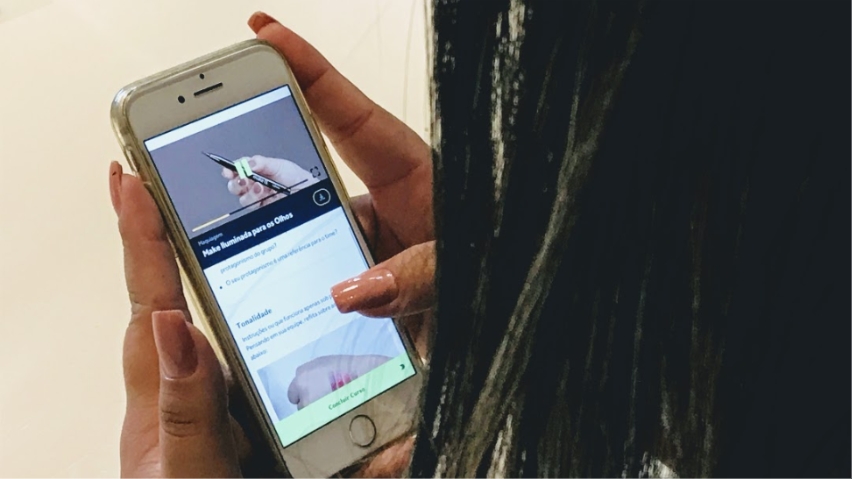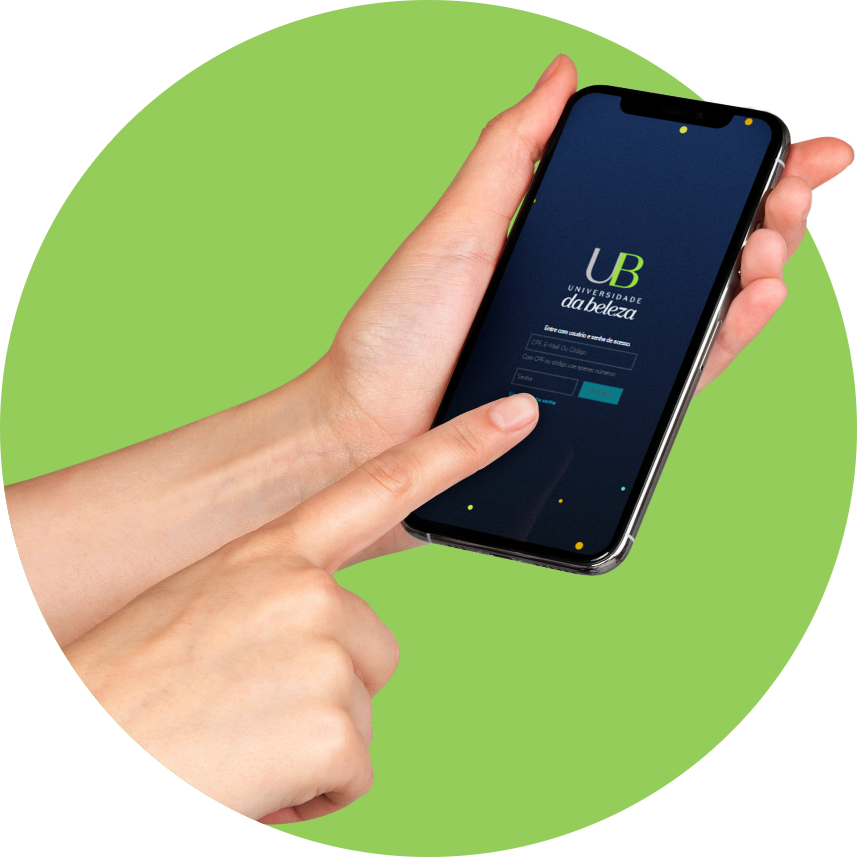University
Country
Brazil
Year
2021
The Challenge
Beauty University is a LMS (Learning Management Software), within Grupo Boticário for the qualification and upgrading of the store, direct sales and resellers teams.
Initially, Beauty University used to be web-based, with access via the company extranet, its content being prepared by the Training department of Grupo Boticário and shared with the supervisors and multipliers of the franchisees.
Beauty University – LMS platform for the qualification of more than 12,000 salespeople and millions of representatives and resellers.
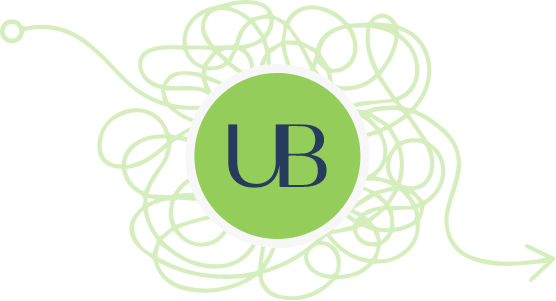
01. Issue
Grupo Boticário came to us complaining about the low participation rate the online courses in the platform were showing, low engagement rate concerning the content and low data control on the in-person and online events, thus jeopardizing the qualification in the retail front.
Because it’s a very complex platform, with lots of doubts about its assertiveness and assumptions about the content made available, there has been noticed the need to really dig into the issue in order to understand how it could work in the most appropriate way and the users’ needs, so that a strong platform able to provide a better experience can be proposed.
02. Solution
Immersing in the user journey with UX Research and doing a Design Sprint, a fast method to develop and validate an idea concerning clients, stakeholders and users. Design Sprint is performed in five stages, one for each day:
Day 1: understanding of context and issue;
Day 2: divergence of ideas based on the available solutions research;
Day 3: development of solutions and decision-making about the best alternatives;
Day 4: solution prototyping;
Day 5: prototype signing-off with actual users.
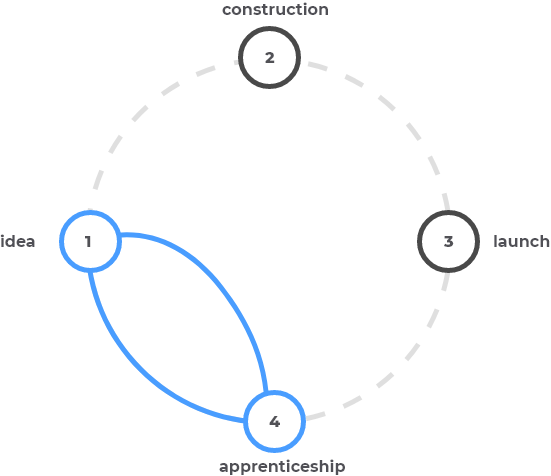
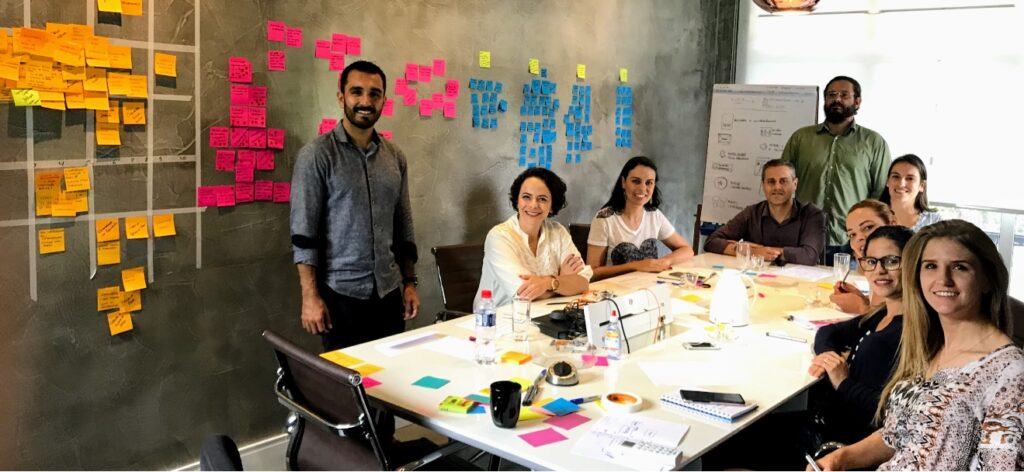
03. Process
UX Research
Before beginning with Design Sprint, a field research had been made, where our team could visit five stores and take part in a reseller training. With such research, we were able to get to know the different user profiles, understand how they used the platform and consumed content. Also, pains in the process have been detected, and some unusual characteristics have been noticed, for instance:
Sellers find the pronunciation of product names in English to be hard;
Most tellers and consultants didn’t have a computer at home;
Many POS computers have their audio connected to the sound system of the store, which makes watching the videos with audio impossible.

Design Sprint
Then, we recruited participants to take part in Design Sprint. The team consisted of Grupo Boticário employees and some Franchisees, besides the team at Mentores.
Day 01 – Understand
the project goal “Streamline learning experience and Knowledge Management fostering personal development and results”
was defined in the first day. Because it’s a project with many sectors, many stakeholders and user profiles, we split the project in scenarios in order to point out the biggest issues from the point of view of each one of them. Finally, we agreed on the most severe ones, so that we could propose solutions and talk about what’s needed to solve them.
Day 02 – Diverge
on this day, participants brought examples of routine tools that solve similar issues and that they had good experiences with, so that they could be referenced in creating solutions. Later, everyone wrote some drafts and kept on improving them until a final draft for the solution is achieved.
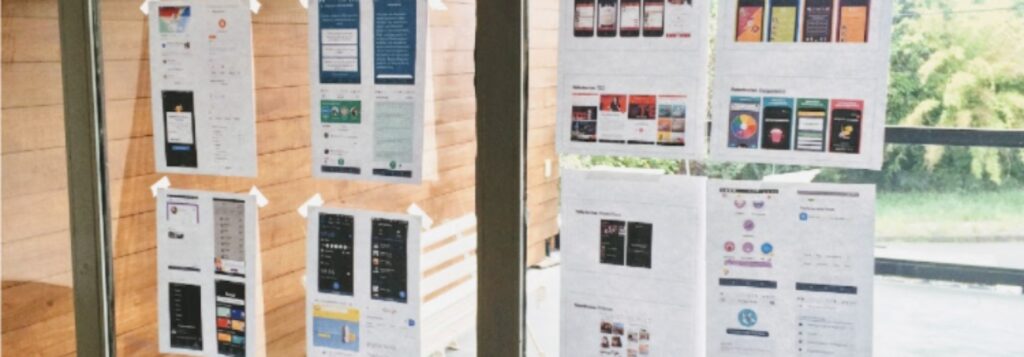
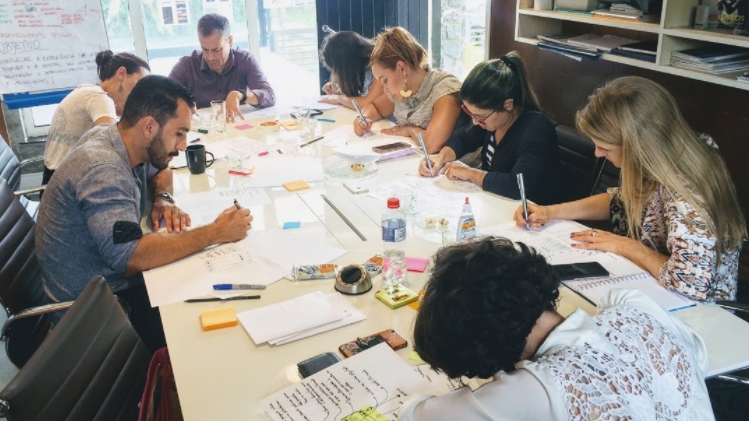
Day 03 – Decide
each participant presented their own solution proposal and everybody voted in their preferred one on the third day. The chosen proposal was the one that represented the platform with an app that aggregated many features.
Day 04 – Prototype
because the winning proposal concerned a very complex app, the prototype was built along with the design team at Mentores, a more realistic product could be built that way. The remaining participants observed the engineering stage and helped defining which were the imperative tasks that needed to be performed in the prototype.
Day 05 – Validate
two testing stages have been performed. In the first one, we tested the prototype with five actual users of the platform, so that we could see the app operating in a real scenario, observing whether the detected issues would be solved or not, and if the users could use it seamlessly. After completing the tests, the team discussed the results and the prototype was improved in order to be more user-driven. Then, we did a second test round with three more users, and this time few issues were detected. The prototype was improved for its final version then.
Results
Everyone involved in Design Sprint brought excellent contributions to the creation and improvement of the prototype and of the final product, too.
According to the validation moments, we could see the new platform being used, and notice how it works, as well as its navigability and to what extent the proposed solutions are efficient.
The early discovery of many pains has helped us developing a solution that’s efficient and also allowed for noticing the particular needs of users.
As a result, the final product is able to improve the studying experience at Beauty University through a strong platform that puts gamification and UX to use.
Client’s voice
Rodrigo Matteo Ambiel, Business Tech Specialist at Boticario Group
Can you share any outcomes from the project that demonstrate progress or success?
“Our team estimated that the solution development time … applying UX design on the e-learning platform was reduced by 3 months with the artifacts delivered by the project. We also have a 35% higher engagement indicator for using the solution compared to the previous solution.”
How effective was the workflow between your team and theirs?
“During the project period, the Mentores team was totally available to us, the project’s characteristic is total immersion in the problem, so we didn’t have any kind of problem in communication and in the exchange of information between the teams.”
What did you find most impressive about this company?
“The complete mastery of the Design Sprint methodology. They commanded all the sessions and knew how to get all the results out of the experience.”
